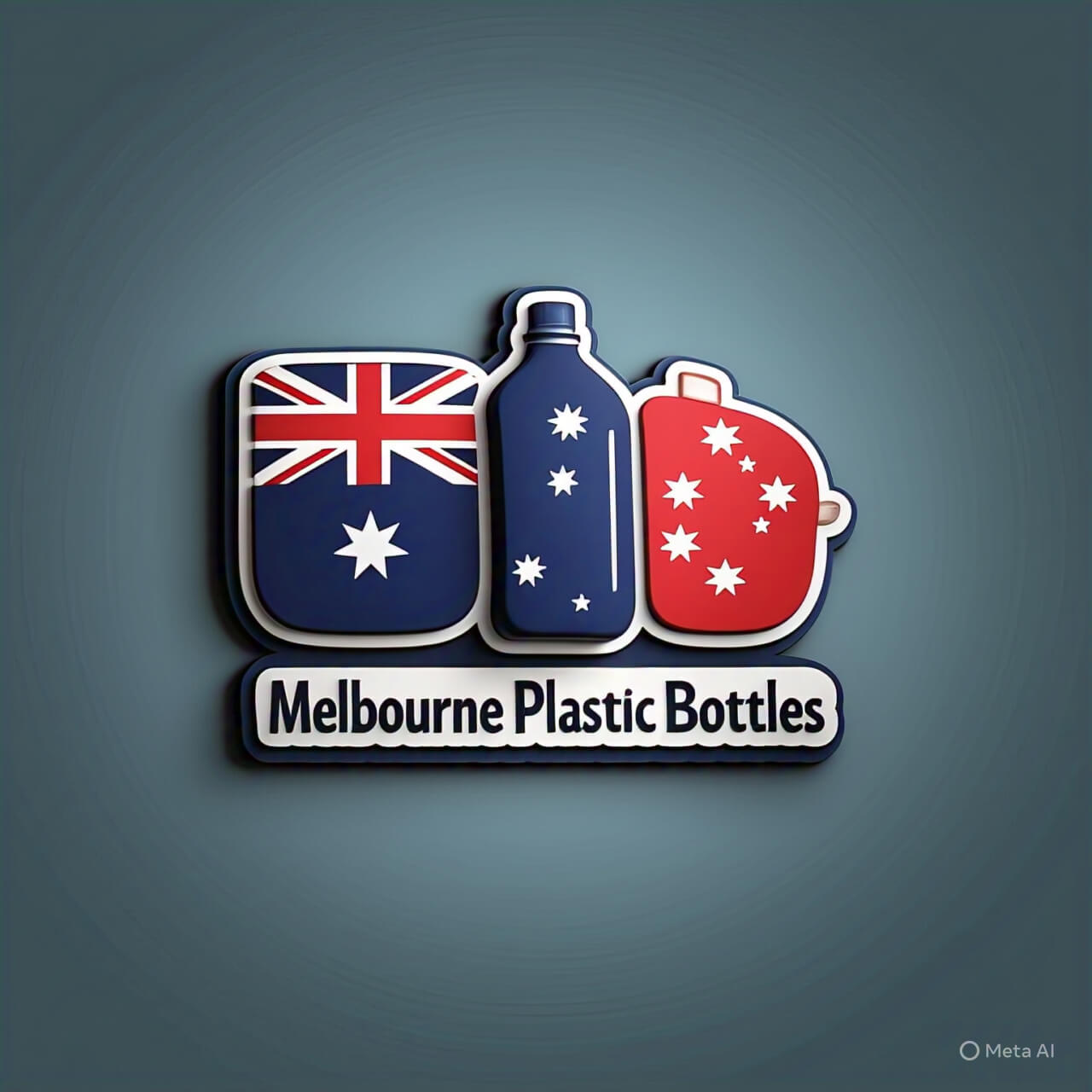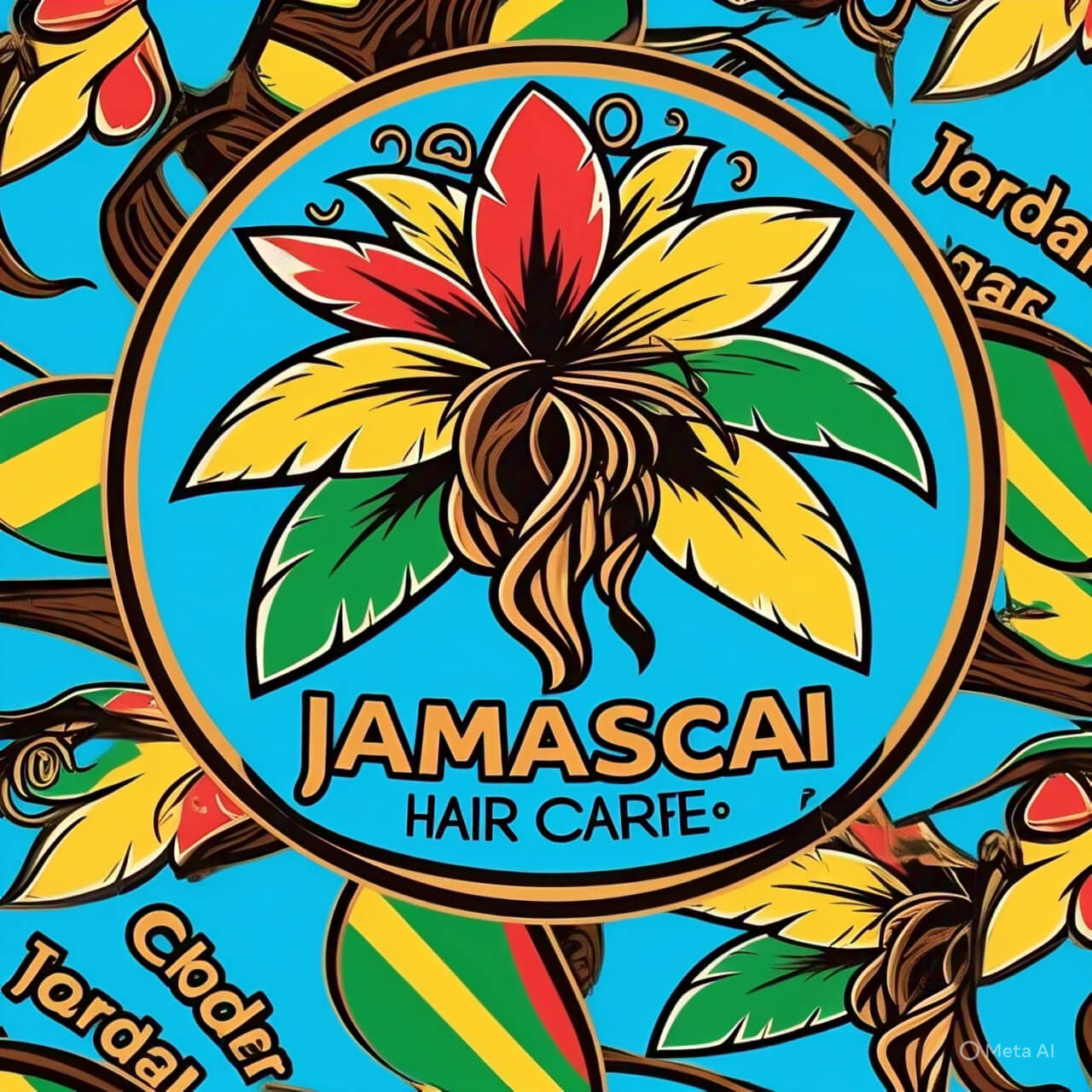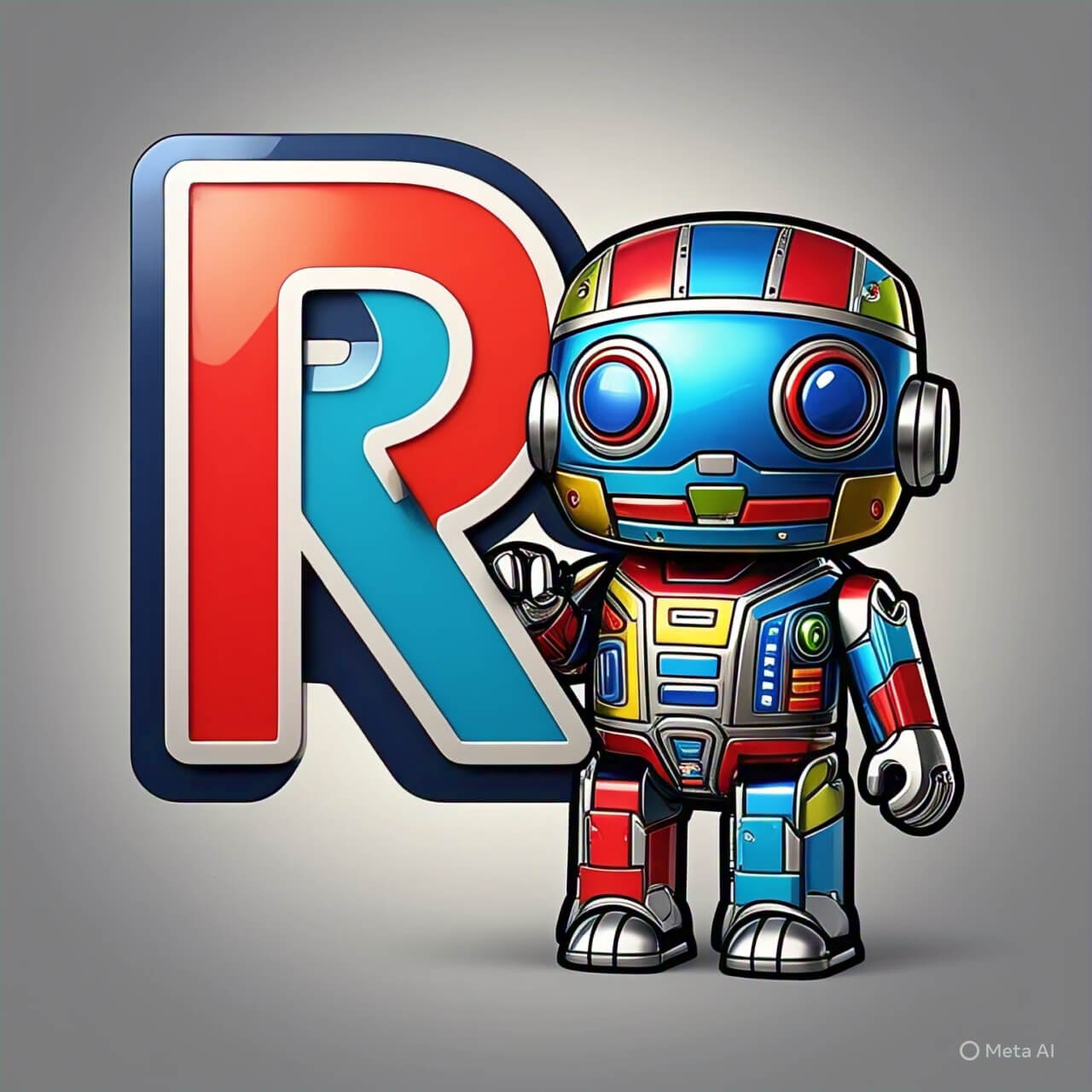Fourthly, best home schooling utilizing technology can help students manage their tasks better. Online tools and apps like Google Calendar, Microsoft OneNote, Trello, and Evernote help in organizing tasks, setting reminders, and tracking progress. These tools can be especially helpful for group projects, where tasks need to be divided among team members, and progress needs to be tracked regularly.
Fifthly, asking for help when needed is also important. Whenever students find a task challenging, they should seek assistance from teachers, classmates, or even online resources. There’s no shame in needing help, and it’s an excellent way to ensure the work is completed correctly.
Further, the ‘Vocabulary Journal’ is another quintessential tool to encourage self-paced learning. Each student can maintain a personal vocabulary journal where they can document new words they come across, accompanied by its meaning, pronunciation, and usage. This method enables the student to refer back to their journal and ensure the new words are ingrained in their memory.
In conclusion, phonics games for kids have a pivotal role in early childhood learning. These games not only act as tools to boost reading, writing and comprehension skills but also foster critical thinking, memory, and the development of other cognitive abilities. The fusion of education and entertainment in these games ensures this learning process is interesting, providing fundamental building blocks for the child’s future academic endeavors.
In recent years, the introduction of technology into education has revolutionized traditional teaching methods and games, making phonics education more enjoyable and effective for kids. Digitized phonics games are colorful, interactive, and engaging. They prevent kids from feeling overwhelmed with the learning process, thereby enabling them to learn at their own pace. The variety of games also caters to individual learning preferences, making the experience personalized.
Another methodology that can be incorporated is the ‘Read, Write, Discuss, and Apply’ approach. Here, students are prompted to read new words, write them, take part in discussions about them, and then apply these words in their daily language usage. This practice aids in reinforcing the word and its meaning in the students’ memory.
Collaborative writing prompts are also experiencing an evolutionary leap. Innovations include online writing exercises that allow kids to collaborate and pen down a collective story or poem. It invigorates the communal spirit, sharpens negotiation skills, and inflates imaginative capacities manifold.
The study involved 30 students between the ages of 5 and 10 who were struggling in reading. All participants were offered access to the Kids on the Yard reading program for a period of six months. Pre- and post-tests were administered to assess any improvement in reading skills. Moreover, periodic assessments were held every month to ensure continuous tracking of progress.
The ‘Word Map’ is a visual representation that can be exceptionally beneficial in aiding a long-term understanding of new words. In this activity, students draw a map with the new word at the center, branching out to its meaning, antonyms, synonyms, and a sentence using the word. Visual learning is effective as it appeals to the brain’s capability to grasp and recall images, eventually helping in vocabulary retention.
Managing homework and schoolwork is an essential part of any student’s academic journey. The ability to effectively juggle various assignments, project deadlines, and studying for assessments plays a crucial role in achieving scholastic success. Several strategies can assist students to manage their homework and schoolwork more efficiently.
Grammar is the backbone of any language. It is the system and structure that makes our speech and writing clear and understandable. For primary school students, in particular, mastering grammar can significantly enhance their language skills and provide a solid base for future learning. In this article, we will explore some engaging and effective grammar practice exercises for students in primary school.
Group activities like ‘Vocabulary Bingo’ or ‘Pictionary’ can help make vocabulary learning more engaging and socializing. These games allow students to better remember and use the new words they have learned, as they have to recall and apply them during the game.
Incorporating technology into learning, ‘Digital Flashcards’ can be employed where students can create online flashcards of new words learned. The apps allow students to add images, sounds, and sentences to the words, making learning interactive and fun. Moreover, the convenience of having their flashcards accessible through their devices also enhances their learning experience.
Kids on the Yard is an online learning platform aimed at offering academic assistance to children aged 5 to 17 years. It provides a variety of programs, including homeschool support, reading and writing workshops, and math support. In the context of reading, Kids on the Yard offers a program that focuses on fluency, comprehension, phonics, vocabulary, and critical thinking.







































